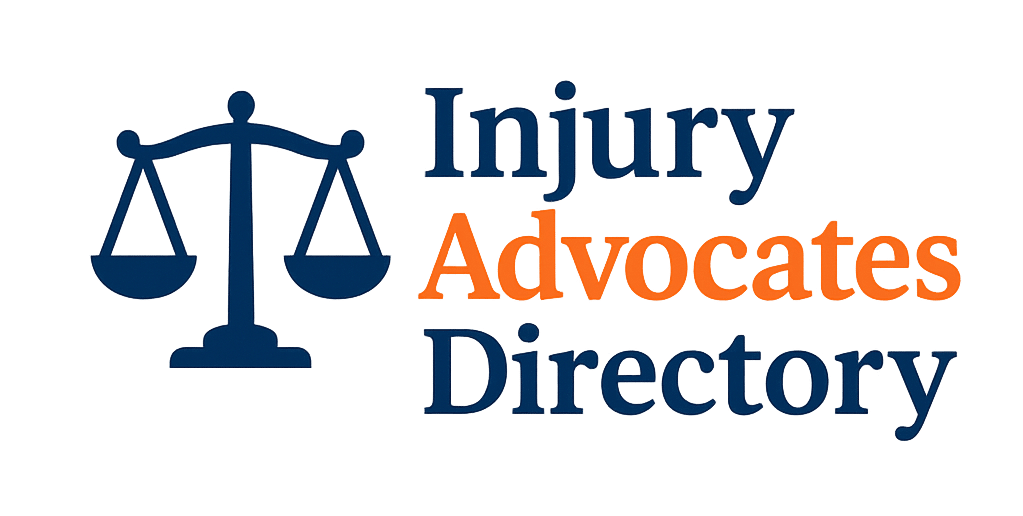Rideshare services like Uber and Lyft have transformed the way we travel, providing convenience and accessibility. However, with this increase in ridesharing comes a rise in rideshare accidents. Understanding the complexities of injury claims associated with these accidents is crucial for both drivers and passengers.
This article delves into the intricacies of rideshare accidents, focusing on legal rights, insurance issues, and the steps to take if you're involved in such an incident.
How do rideshare accidents complicate insurance claims?
Insurance claims for rideshare accidents can be particularly challenging due to the complexities of rideshare insurance coverage. When a rideshare driver is on duty, their insurance coverage differs significantly compared to when the app is off.
During the periods when the app is off, personal auto insurance policies generally apply. This often excludes coverage for commercial use, which can leave both the driver and passengers vulnerable. Conversely, when the app is on, the driver is provided with contingent coverage, but this can vary based on whether a ride has been accepted.
- Off app: Only personal auto insurance applies.
- App on, no ride accepted: Limited contingent coverage is available.
- Ride accepted: Full liability coverage up to $1 million is provided.
This shifting landscape can create confusion, especially when multiple insurers are involved. Accurate documentation of the accident and the driver's app status at the time of the incident is essential for processing claims efficiently.
What are your legal options after an Uber or Lyft accident?
After being involved in a rideshare accident, understanding your legal rights is vital. Victims may have several avenues for pursuing compensation. These can include filing a claim against the rideshare company's insurance, the driver's personal insurance, or even a third party if another driver is involved.
To effectively navigate these options, it is advisable to gather all relevant information, including:
- Accident reports
- Driver and passenger details
- Insurance policy information
Consulting with an attorney who specializes in rideshare accidents can also be beneficial. They can provide guidance on the best course of action based on the specifics of your case and help ensure that you receive the compensation you deserve.
Who is liable in a rideshare accident?
Determining liability in rideshare accidents involves understanding the driver's app status at the time of the accident. This status can significantly influence who is considered at fault and which insurance will cover the damages.
If the driver is off the app, personal auto insurance is typically the only coverage available. However, if the driver is online and waiting for a ride, limited coverage begins, escalating to full coverage once a ride is accepted. This layered approach creates potential complications for riders seeking to claim damages.
In many cases, liability can also extend to the rideshare companies themselves, especially if negligence can be proven on their part. For instance, if the company failed to conduct appropriate background checks on their drivers, they may share in the liability for any resulting accidents.
What should passengers know about injury claims in rideshare accidents?
Passengers involved in rideshare accidents should be aware of their rights regarding injury claims. Rideshare companies like Uber and Lyft provide specific guidelines on how to file a claim after an accident. Understanding these procedures can streamline the process and increase the likelihood of a successful claim.
It’s crucial for passengers to document everything related to the incident, such as:
- Medical evaluations immediately after the accident
- Photographs of the scene and damages
- Witness statements and contact information
Additionally, passengers should notify the rideshare platform as soon as possible, as this may affect the available coverage for their claims. Engaging a lawyer who understands rideshare accidents can also help passengers navigate their rights and potential compensation.
How can you navigate insurance claims with rideshare companies?
Navigating insurance claims with Uber and Lyft can be a complex process. Each company has its own set of policies and procedures that dictate how claims are handled. Knowing these can help you better prepare your case.
One effective strategy is to keep detailed records of all communications with the rideshare company, including:
- Claim submission confirmations
- Correspondence with customer service
- Any documents related to your claim
It's also essential to understand the timelines involved. Rideshare companies typically have specific deadlines for filing claims, so immediate action is crucial. If a claim is denied, there are often avenues for appeal, which can be navigated more effectively with legal support.
What are the common causes of rideshare accidents?
Rideshare accidents can result from various factors. Understanding the common causes can help passengers and drivers take preventive measures. Some of the most prevalent causes include:
- Distracted driving: Drivers using their phones to accept rides.
- Speeding: Drivers rushing to pick up passengers.
- Driving under the influence: Alcohol or drugs impairing judgment.
- Weather conditions: Rain, snow, or fog reducing visibility.
By recognizing these risks, both passengers and drivers can make informed decisions to enhance safety while using rideshare services.
Related questions about rideshare accidents and claims
How much does Uber pay if you get in an accident?
Uber's compensation structure for accidents can vary based on the specifics of each incident. Generally, if you're a passenger injured in an Uber accident, you may be entitled to claims covering medical expenses, lost wages, and other related costs. It's crucial to consult Uber's insurance policies and potentially seek legal advice to ensure you receive fair compensation.
How much is the Lyft passenger accident settlement?
Settlement amounts for Lyft passengers can differ based on the severity of injuries and other factors. Lyft provides coverage when a passenger is injured in an accident, which can amount to $1 million if the driver is at fault and covered under Lyft's policy. It's important for passengers to document their injuries and expenses to support their claims.
How long does an Uber accident settlement take?
The duration for settling an Uber accident claim can vary widely. On average, it may take anywhere from a few weeks to several months. Factors influencing this timeline include the complexity of the case, the extent of injuries, and how quickly evidence is gathered. Engaging with legal counsel can help expedite the process.
What happens if I'm injured in an Uber?
If injured in an Uber, you should seek immediate medical attention. Document your injuries and the accident scene, then notify Uber of the incident as soon as possible. Following this, you may wish to consult with an attorney specializing in rideshare accidents to understand your legal rights and potential compensation.

